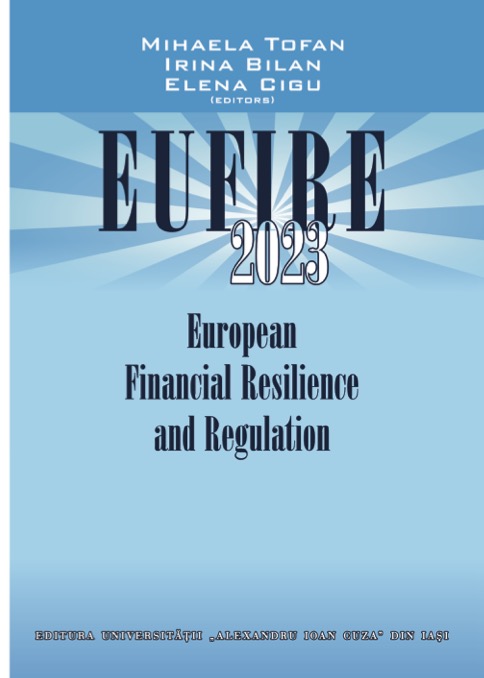CORPORATE INCOME TAX VS MICRO-ENTERPRISES REVENUES TAX TAX: EVIDENCE FROM ROMANIA
CORPORATE INCOME TAX VS MICRO-ENTERPRISES REVENUES TAX TAX: EVIDENCE FROM ROMANIA
Author(s): Costel Istrate
Subject(s): Accounting - Business Administration
Published by: Editura Universităţii »Alexandru Ioan Cuza« din Iaşi
Keywords: micro-enterprises revenues tax; tax simplification; tax compliance costs; corporate income tax;
Summary/Abstract: Corporate income tax tends to become more complex and expensive, especially for small businesses. Also, for these companies, the probability of reporting a tax loss is quite high, in Romania. In these circumstances, the tax authorities created a micro-enterprise revenue tax (MERT), applicable since 2001 to companies with revenues below 100,000 euros and which still meet other eligibility conditions. After more than 10 years in which the number of companies subject to this tax was quite small (somewhere around 10% of the total number of taxpayers), the lowering of the threshold to EUR 65,000 and the introduction of the mandatory character of MERT led to a massive increase in the share of companies that owed this tax. On this occasion, businessmen discovered the advantages of such taxation: lower compliance costs, controllable tax burden, relatively low taxes paid, especially after the increase of the threshold to 1,000,000 euro. However, the MERT brought to the budget only insignificant amounts in relation to what is collected from the corporate income tax, which is why the authorities decided to lower the threshold from EUR 1.000.0000 to EUR 500,000, which was not necessarily to the liking of the entrepreneurs. Looking for other examples of income taxation, I found similar situations, with many differences, however, in other states. In Europe, we have at least Latvia and Portugal that also simplify the taxation of small businesses, but also a lot of other countries where simplification of taxation is done in different ways than MERT. In France, the revenues of large digital firms are already taxed, and Latin America offers many examples of complementary taxation of firms' revenues, instead of taxation of profits.
- Page Range: 127-141
- Page Count: 15
- Publication Year: 2023
- Language: English
- Content File-PDF

